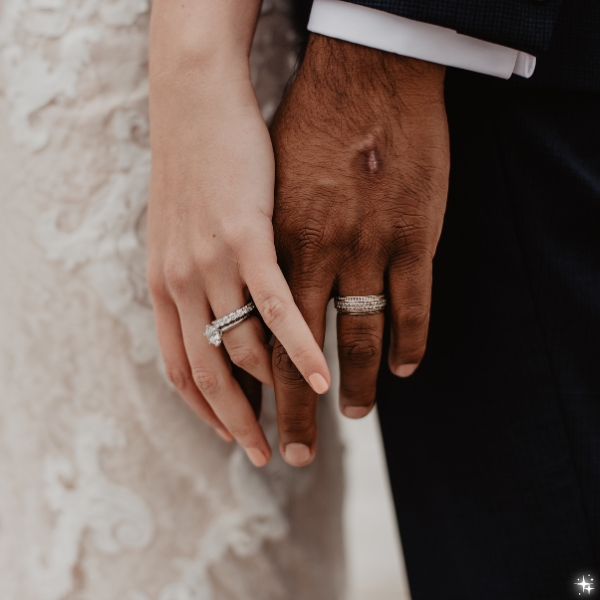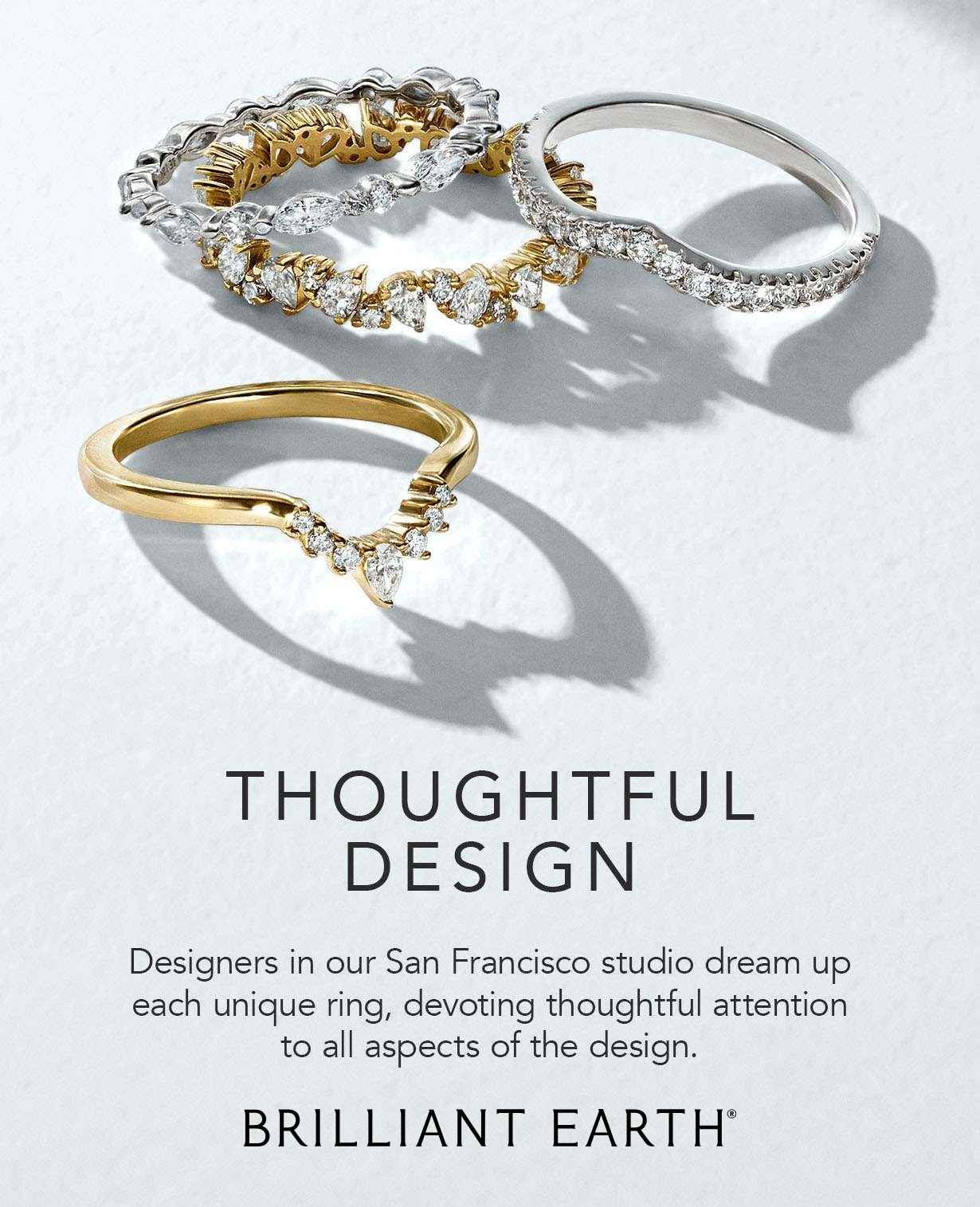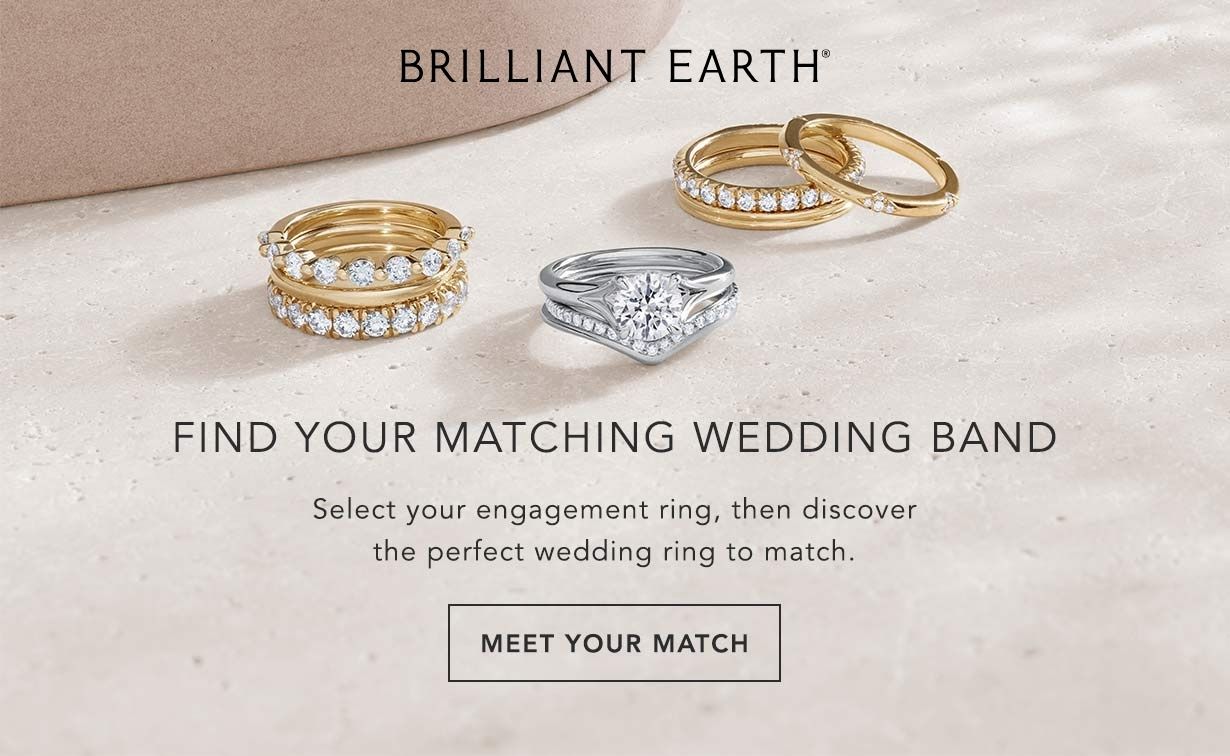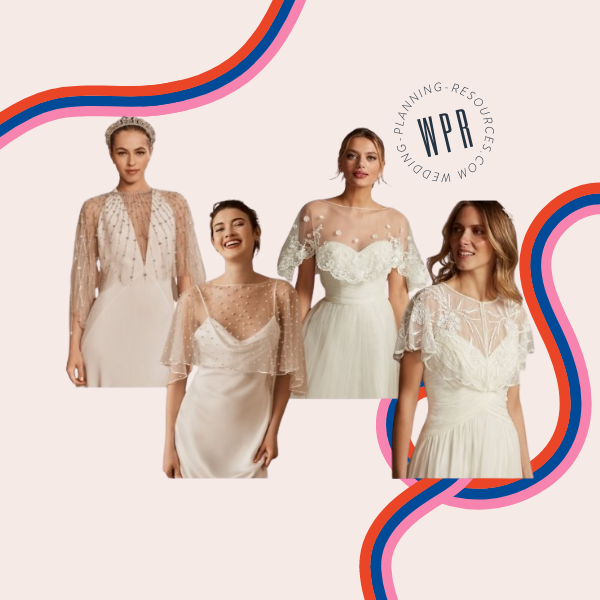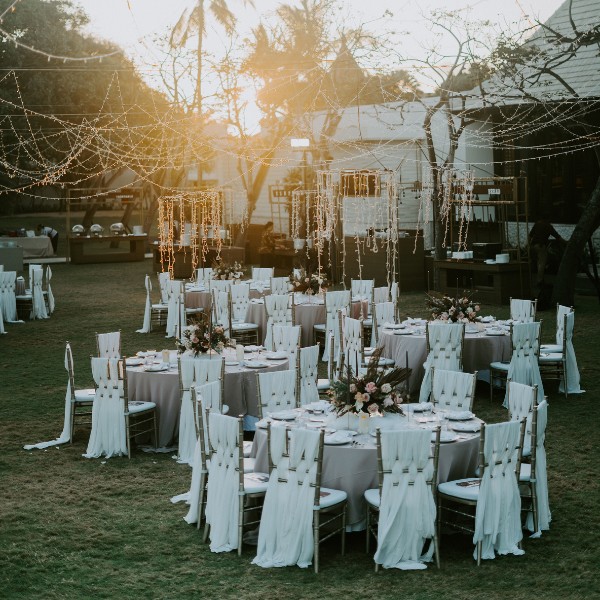Are Wedding Bands Supposed To Match. Do Wedding Bands Really Have to Match? How to Choose Wedding Bands That Fit Your Style. Why Matching Wedding Bands Are Optional.
This site contains affiliate links. For more info, please see our full disclosure.
When it comes to wedding bands, the idea of matching can feel like a tradition you need to follow. But do they really have to match? Here’s a guide to help you decide whether to match your wedding bands or not and why either choice is perfectly okay!
- Why It’s Okay to Match:
- Matching bands symbolize unity and shared values.
- They create a sense of tradition and can be a visual representation of your bond.
- If you and your partner have a similar sense of style, matching bands can feel like a natural choice.
- Some couples love the idea of having identical rings as a way to connect with each other daily.
- Why It’s Okay Not to Match:
- You and your partner likely have different tastes, and that’s perfectly fine!
- Wedding bands are personal symbols; they should reflect your individual style and preferences.
- You don’t have to sacrifice your unique style to fit into a traditional mold. You can each pick rings that suit your personality.
- Not matching can represent the individuality that each of you brings to the relationship, while still being united as a couple.
- How to Decide if You Want to Match:
- Discuss your styles and preferences with each other before shopping for bands.
- Try on different rings together and see what feels right. Sometimes, the perfect rings choose you!
- Consider your daily lifestyle. If one of you works with your hands a lot, you might need a more durable design, while the other may prefer something more intricate.
- Other Ways to Match Without Exactly Matching:
- Metals: You can choose rings in the same metal (e.g., both in gold or platinum) even if the designs differ.
- Engraving: Add matching engravings inside the bands, such as your wedding date or a meaningful phrase, for a hidden connection.
- Gemstones: If you both love a certain gemstone, include it in each ring in different ways—one might have a bold center stone, while the other incorporates it subtly.
- Design Elements: You can opt for rings that share similar design elements (like a certain texture or finish) without having identical bands.
- Matching Themes: Choose rings that reflect a shared theme, such as vintage-inspired designs or nature motifs, but with individual flair.
Are Wedding Bands Supposed To Match
Ultimately, your wedding bands should represent you as a couple while honoring each partner’s individuality. Matching is a lovely option, but not matching can be just as meaningful! What matters most is that you both love the rings you’ll be wearing for a lifetime.

